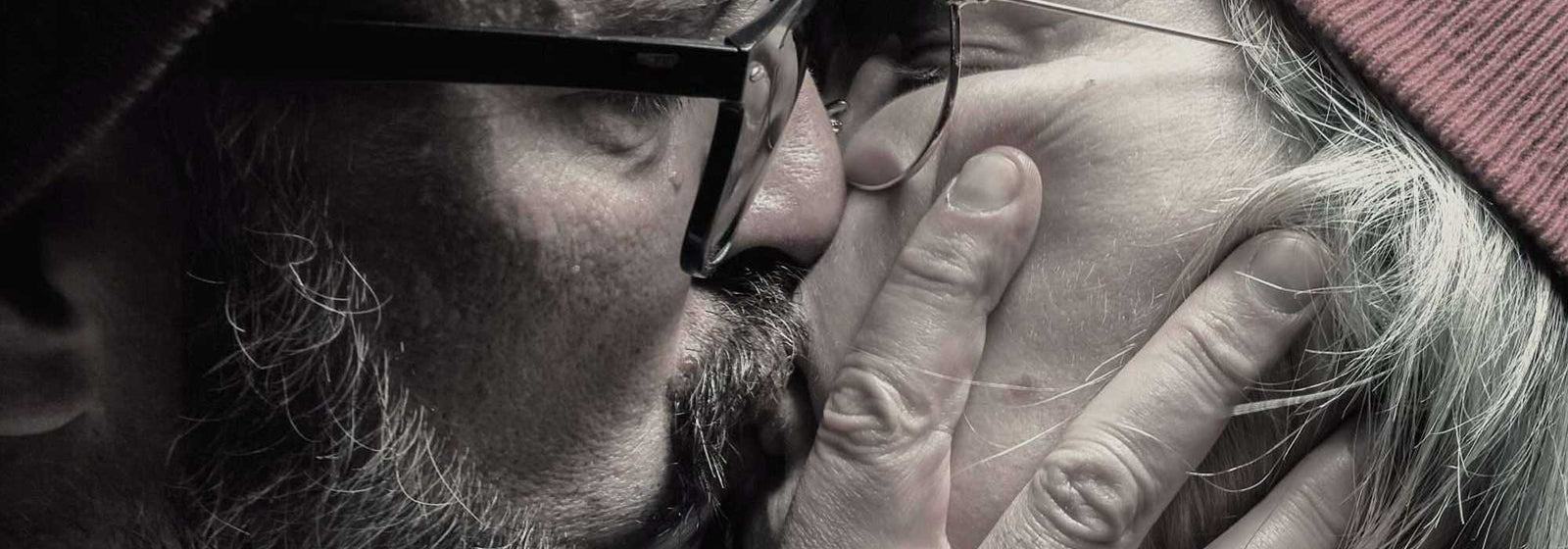“I just don’t feel desire anymore,” a reader tells me. “I could go weeks, months without sex. I don’t miss it – and that scares me. When I do have sex, I enjoy it and wonder why I let myself get out of the habit. What’s wrong with me?”
If these words could have been yours, you’re not alone, and nothing is wrong with you. It can happen to all genders, but in my experience it’s common for older women, particularly, to report that as lusty as they may have been decades ago, their desire for sex has calmed down or all but disappeared. It’s not unusual for older men to experience this, also.
Chances are, though, that they’re talking about the waning of spontaneous desire. There’s another kind — responsive desire — and you access it differently. If once you get going, you do enjoy sex, then understanding the difference between spontaneous desire and responsive desire may make all the difference in your sex life.
- Spontaneous desire: the hormone-driven urge to have sex. You feel desire, you’re in the mood, you want sex, you go after it.
- Responsive desire: desire happens in response to physiological arousal. Your body gets aroused first, then your mind warms to the idea, and desire grows.
Emily Nagoski, Ph.D, in her excellent, science-based book, Come As You Are: The Surprising New Science That Will Transform Your Sex Life, explains the difference this way:
The standard narrative of sexual desire is that it just appears — you’re sitting at lunch or walking down the street, maybe you see a sexy person or think a sexy thought, and pow! you’re saying to yourself, “I would like some sex!” This is how it works for maybe 75 percent of men and 15 percent of women … that’s “spontaneous” desire.
But some people find that they begin to want sex only after sexy things are already happening. And they’re normal. They don’t have “low” desire, they don’t suffer from any ailment … Their bodies just need some more compelling reason than, “that’s an attractive person right there,” to want sex. They are sexually satisfied and in healthy relationships, which means that lack of spontaneous desire for sex is not, in itself, dysfunctional or problematic! Let me repeat: Responsive desire is normal and healthy.
How do I know if responsive desire works for me?
How can you test whether responsive desire works for you? Try this on your own or with a partner:
– Schedule a time for sexual pleasure when you won’t be rushed or interrupted.
– Prepare by relaxing and eliminating distractions.
– Have lubricant and your favorite sex toy(s) within reach.
– If you have a favorite turn-on – music, erotica, porn, a special fantasy – incorporate that into your pleasure time.
– Free your mind of goals. It’s only about pleasure.
– Arouse yourself physically or invite your partner to arouse you in the ways you enjoy the most.
– Ride the pleasure.
Did that work? Did the physiological arousal set off desire? If so, that’s responsive desire.
Why did my desire change?
There can be many reasons for diminished spontaneous desire. The obvious causes are the hormonal changes after menopause and beyond. But maybe spontaneous desire never was your primary motivation. There’s much more to desire than hormones. Desire is complex and influenced by many factors: health conditions, medications, body image, emotions, mood, depression, a stale relationship, lack of attraction to your partner, unresolved conflicts, and so much more.
If neither spontaneous nor responsive desire works for you, don’t feel you have to resign yourself to bad sex or no sex. A good doctor can help you diagnose physical causes, and a good therapist can help you with the emotional and relationship causes and guide you to the changes you want to make.
No, there’s no pill or potion that will pop you back to your younger lust level, despite the efforts of pharmaceutical companies — though many people our age assert that a new relationship with its NRE (“New Relationship Energy”) accomplishes that!
Is Responsive Desire Enough?
Responsive desire is just as valid as spontaneous desire, although it’s not as widely known. It “works” as well, and the pleasure feels just as good. Let yourself get physiologically aroused, solo or with a partner, and let desire follow. Instead of wishing you responded differently, celebrate the ways your body and your mind can give you exquisite pleasure.
After I explained responsive desire in a presentation years ago, a woman in the audience emailed me to say, “You may have just saved my marriage.”
How Can I Learn More?
Emily Nagoski, Ph.D, explains women’s sexuality in Come As You Are: The Surprising New Science That Will Transform Your Sex Life.
I talk about spontaneous vs. responsive desire (and much more!) in two of my webinars — 7 Steps to Reclaiming Your Sexual Pleasure and 12 Steps to Sexy Aging – Starting Now!

